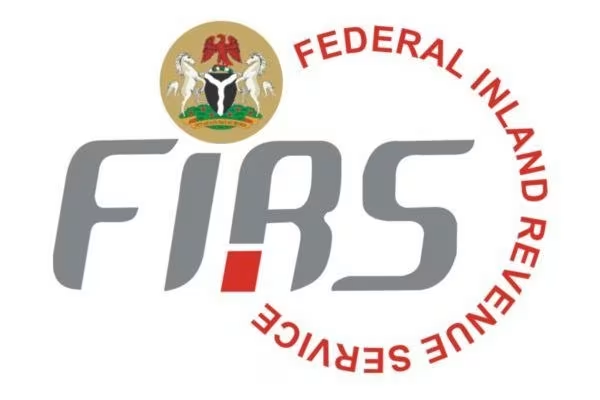FIRS Reports Staggering N3.65 Trillion Revenue in September 2025
Nigeria’s federal revenue has soared to N3.65 trillion in September 2025, marking a remarkable 411% increase from the N711 billion recorded in May 2023.
This monumental growth was announced by the Executive Chairman of the Federal Inland Revenue Service (FIRS), Dr. Zacch Adedeji, who attributed the success to comprehensive fiscal reforms and enhanced tax compliance measures.

A Strategic Shift Towards Non-Oil Revenue
The revenue surge highlights a fundamental transformation in Nigeria’s fiscal architecture. Non-oil revenue has been a major driver of this growth, climbing from N151 billion in May 2023 to N1.06 trillion in September 2025—a 599% increase. This significant jump underscores the government’s progress in diversifying its economy away from an over-reliance on oil.
Other key revenue streams also saw major gains:
Oil revenue increased from N96 billion to N644 billion.
Value Added Tax (VAT) collections more than tripled, reaching N723 billion.
The Nigerian Upstream Petroleum Regulatory Commission (NUPRC) saw its revenue jump to N745 billion.The Nigeria Customs Service (NCS) recorded a collection of N322 billion.
Overall, the FIRS has collected a total of N20.62 trillion in tax revenue between January and August 2025, a 40.8% increase over the same period in 2024.
This performance not only exceeded the agency’s baseline growth target but also puts it on track to achieve the federal revenue target of N25.2 trillion by year-end.

Reforms Reshaping Nigeria’s Tax Landscape
According to Dr. Adedeji, the revenue growth is a direct result of targeted reforms aimed at building a more efficient and fair tax system. These reforms include streamlining tax processes, reducing the burden on small and medium-sized enterprises (SMEs), and implementing digital compliance tools such as e-invoicing.
The government is also developing a presumptive tax regime for hard-to-tax sectors and working to harmonize state-level levies to broaden the national tax base.
In a move to strengthen fiscal discipline, Adedeji confirmed that unbacked Ways and Means advances from the Central Bank have been discontinued. These loans have been reclassified as federal debt, with both the principal and interest now being repaid.

Looking ahead, the FIRS is set to implement comprehensive reforms to Personal and Company Income Tax starting in January 2026, which are expected to further bolster Nigeria’s fiscal resilience.
Join Our Social Media Channels:
WhatsApp: NaijaEyes
Facebook: NaijaEyes
Twitter: NaijaEyes
Instagram: NaijaEyes
TikTok: NaijaEyes




